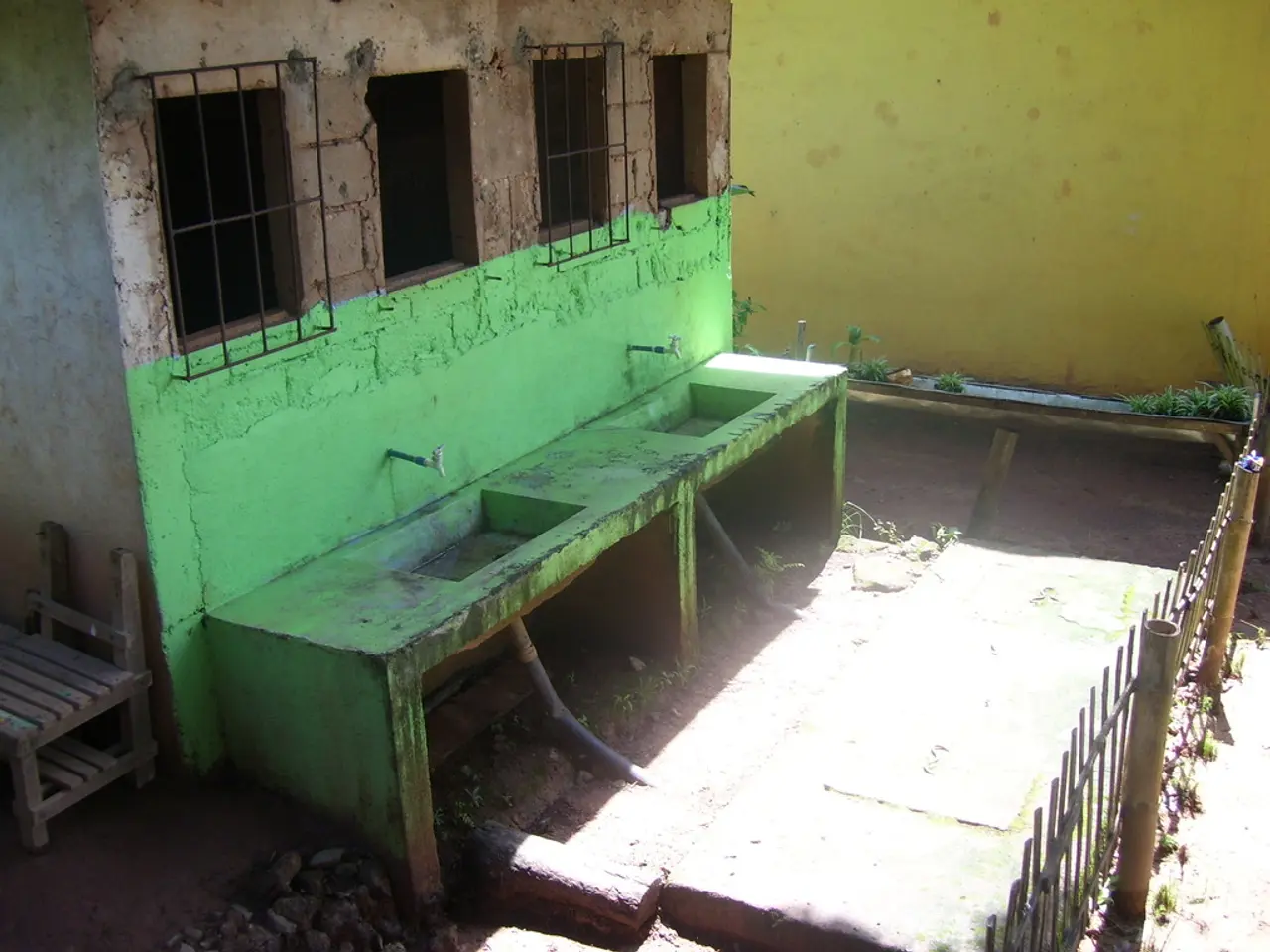Ailment overview: Understanding anal abscesses, causes, indications, and related factors
An anal abscess is a common health issue that affects many people. This condition occurs when infected fluid collects around the rectum or anus, often causing symptoms such as ongoing pain, inflammation, constipation, and pus leaking from the abscess.
Most anal abscesses respond well to surgical drainage, which involves an incision in the perianal skin to drain pus. Doctors may diagnose an anal abscess through a digital rectal exam, CT scans, MRI scans, or ultrasound tests.
The risk of complications increases if an anal abscess is left untreated. One of the most common complications is the development of anal fistulas, which are abnormal tunnels that form between the infected anal gland and the skin surface. These tunnels can cause persistent pain, swelling, itching, and discharge of pus, blood, or even fecal matter.
Research shows that 30-50% of people who receive treatment for anal abscesses develop an anal fistula. To prevent this, antibiotic treatment after surgery can be beneficial. A 2019 study showed that people who received antibiotics had a 36% lower chance of developing an anal fistula.
Consistently dressing the area after surgery can also prevent postoperative complications. Individuals with minor abscesses can undergo this procedure in an outpatient clinic with local anesthesia.
People recovering from abscess surgery may benefit from a sitz bath after any bowel movement. To avoid constipation and promote healthy bowel function during recovery, people can drink plenty of water, eat foods high in fiber, avoid processed foods, and try stool softeners.
In rare but serious cases, infection from an untreated abscess/fistula can lead to Fournier’s gangrene, a rapidly spreading necrotizing infection requiring urgent medical care. Untreated fistulas may also cause damage to anal sphincter muscles, which can result in fecal incontinence or difficulties controlling bowel movements.
Long-standing untreated fistulas have a small risk of malignant transformation (cancer) within the fistula tract, though this is uncommon. Additionally, in patients with Crohn's disease, anal abscesses and fistulas are more common and can contribute to complex intestinal complications.
Effective and early treatment, such as prompt surgical drainage of abscesses, helps prevent fistula formation and decrease the risk of these complications. Management of underlying conditions like Crohn’s disease, diabetes, and maintaining bowel health also reduces risks of progression and recurrence.
In summary, timely diagnosis and appropriate surgical and medical treatment are crucial to avoid the potential long-term risks associated with untreated anal abscesses, including anal fistulas, chronic infections, significant discomfort, incontinence, systemic infection, and rarely cancer.
- Gastrointestinal health issues, such as anal abscesses, require prompt medical attention to avoid complications like chronic infections and anal fistulas.
- Anal fistulas, abnormal tunnels that form from infected anal glands, are a common complication of untreated anal abscesses and can cause persistent pain, swelling, and discharge.
- Dermatology plays a role in addressing skin-related issues that may arise during the recovery period, such as irritation or itching in the perianal area.
- Medical-conditions like Crohn's disease increase the likelihood of encountering anal abscesses and fistulas, potentially leading to complex intestinal complications.
- Workplace-wellness programs can provide information on managing chronic diseases, emphasizing the importance of proper nutrition, fitness-and-exercise, and mental-health support.
- For individuals who have undergone abscess surgery, CBD oil and emollients may help alleviate discomfort and promote skin-care during the healing process.
- Therapies-and-treatments such as stool softeners, a high-fiber diet, and plenty of fluid intake can aid in maintaining healthy bowel function after abscess surgery, thus reducing the risk of constipation and fostering recovery.




